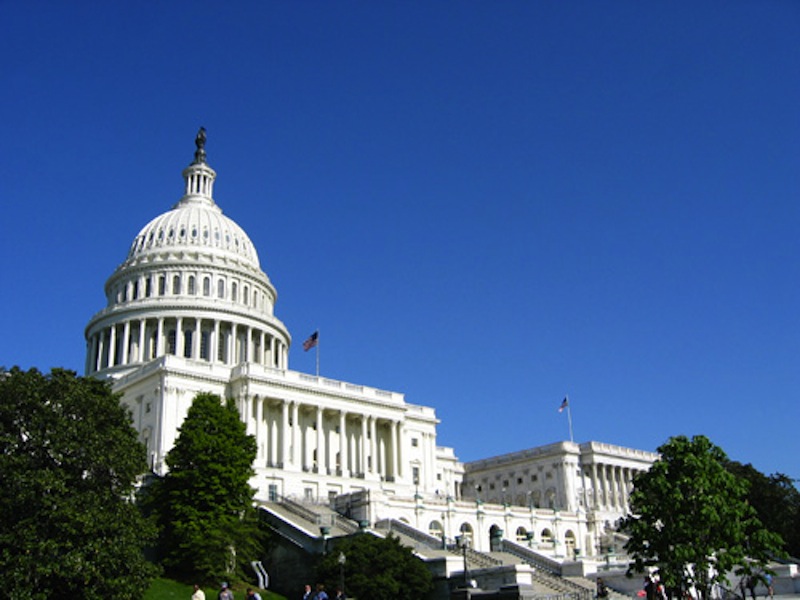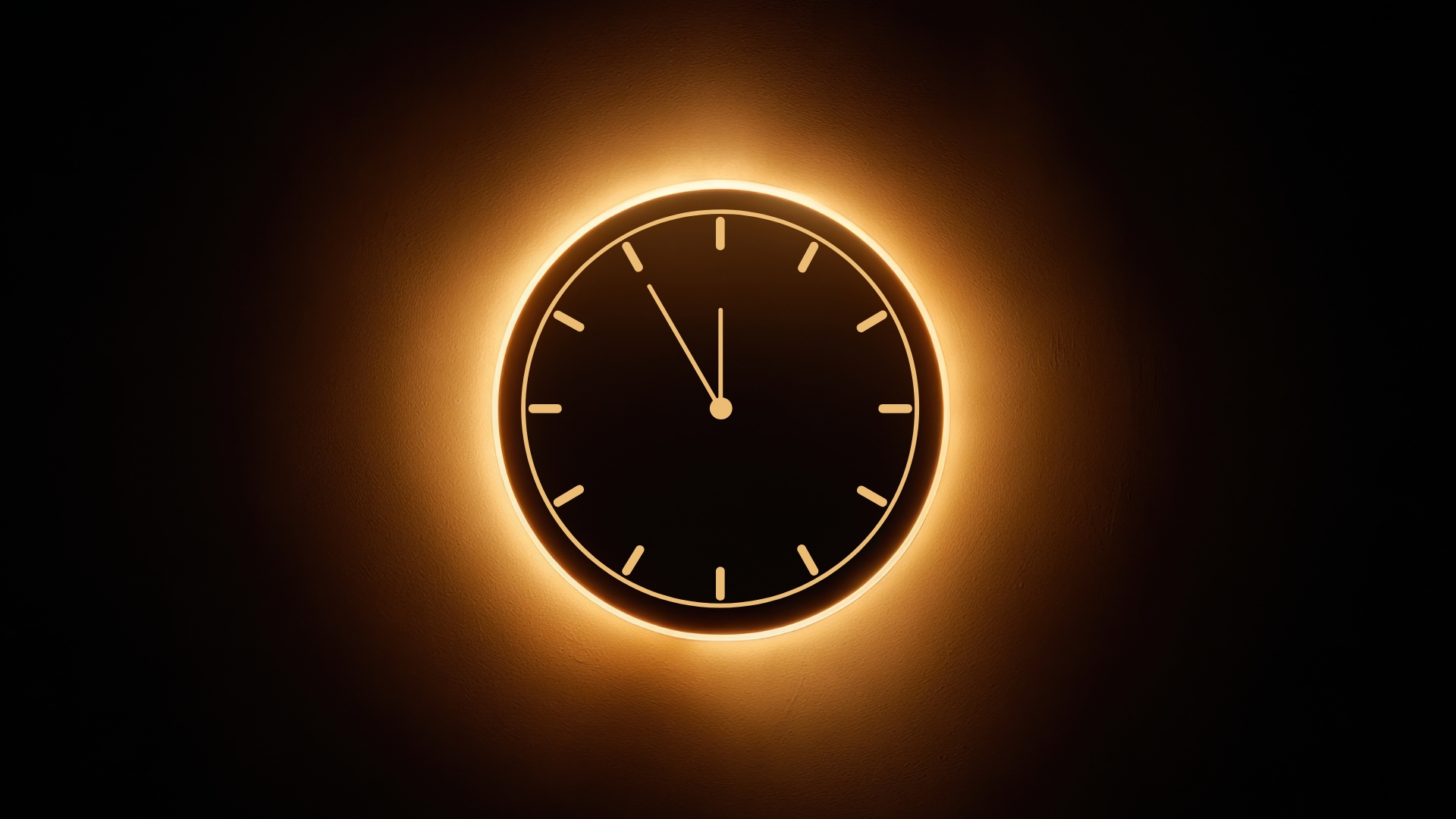NASA Astronaut-Taxi Program Would Get Boost in 2014 Spending Bill

Breaking space news, the latest updates on rocket launches, skywatching events and more!
You are now subscribed
Your newsletter sign-up was successful
Want to add more newsletters?

Delivered daily
Daily Newsletter
Breaking space news, the latest updates on rocket launches, skywatching events and more!

Once a month
Watch This Space
Sign up to our monthly entertainment newsletter to keep up with all our coverage of the latest sci-fi and space movies, tv shows, games and books.

Once a week
Night Sky This Week
Discover this week's must-see night sky events, moon phases, and stunning astrophotos. Sign up for our skywatching newsletter and explore the universe with us!

Twice a month
Strange New Words
Space.com's Sci-Fi Reader's Club. Read a sci-fi short story every month and join a virtual community of fellow science fiction fans!
WASHINGTON — NASA’s Commercial Crew Program would get up to $696 million — its highest annual budget yet — under an omnibus spending bill drafted by Congress to fund the federal government for the remainder of 2014.
But the allocation is still considerably less than the $821 million sought by U.S. President Barack Obama and also comes with a string attached: $171 million of the funds would be held in reserve until NASA completes an independent cost-benefit analysis of the program. That would temporarily keep the program funded at about $525 million, the same level it got in 2013.
NASA would receive $17.6 billion in total under the plan, or about $100 million below the White House’s request and roughly $700 million more than the agency’s sequestered 2013 budget. [The Top 10 Private Spaceships]
The House Appropriations Committee released the text of the proposed $1.1 trillion Consolidated Appropriations Act for 2014 (H.R. 3745), which will go straight to the House floor for a vote before being considered by the Senate, on its website late Jan. 13. Spending levels in the bill are the result of a December budget compromise that provided some relief from the sequestration of funds that hit budgets last year as part of the Budget Control Act of 2011.
House and Senate aides said Congress will likely have to extend the current stopgap spending bill, which expired Jan. 15, for three days to get the new omnibus plan to Obama’s desk and avoid another partial shutdown of the federal government. The House was expected to take up the short-term extension Jan. 14.
The spending bill would extend through 2016 the federal government’s launch indemnification program, which shields U.S. commercial launch providers from third-party damage claims that exceed $500 million. House Democrats had pushed for a one-year extension.
The bill’s proposed funding levels for NASA’s major spending accounts are:
Breaking space news, the latest updates on rocket launches, skywatching events and more!
- Science: $5.2 billion, about $200 million more than the White House’s 2014 request, and $400 million more than the 2013 budget settled on back in August as part of the agency’s final operating plan for that year. Of the proposed 2014 appropriation, 658.2 million is for the James Webb Space Telescope, the agency’s biggest science project.
- Exploration: $4.1 billion, about $100 million more than the request and roughly $400 million more than in 2013. About $1.9 billion of the proposed amount is for the Space Launch System heavy-lift rocket and its associated ground systems. The Orion Multi-Purpose crew vehicle, the rocket’s companion capsule, would get about $1.2 billion.
- Space Operations: $3.8 billion, most of which is for the international space station. That is about $100 million less than the request, and roughly $100 more than in 2013.
- Cross Agency Support: $2.8 billion to cover agency-wide operating expenses, or about $100 million less than both the request and the 2013 appropriation.
- Construction and Environmental Compliance and Restoration: $515 million, some $94 million below the request and $132 million lower than in 2013 to cover upkeep and maintenance at NASA’s national network of field centers.
- Education: $116.6 million, or about $22 million more than the White House requested as part of a 2014 budget proposal that sought to overhaul the federal government’s education and public outreach programs. The proposed appropriation is essentially flat compared with the 2013 operating plan.
- Inspector General: $37.5 million for agency oversight, roughly even with the request, but about $2.5 million more than in 2013.
This story was provided by Space News, dedicated to covering all aspects of the space industry.
Dan Leone is an editor and reporter for the ExchangeMonitor Publications covering the Department of Energy and Department of Defense nuclear weapons programs. From 2011 to 2016, Dan was the NASA reporter for the space industry publication SpaceNews, where he covered U.S. space agency policy, news and missions. He also produced the SpaceGeeks podcast showcasing interviews with space industry professionals. Dan earned a bachelor's degree in public communications from American University. You can find his latest project on Twitter at @leone_exm.

